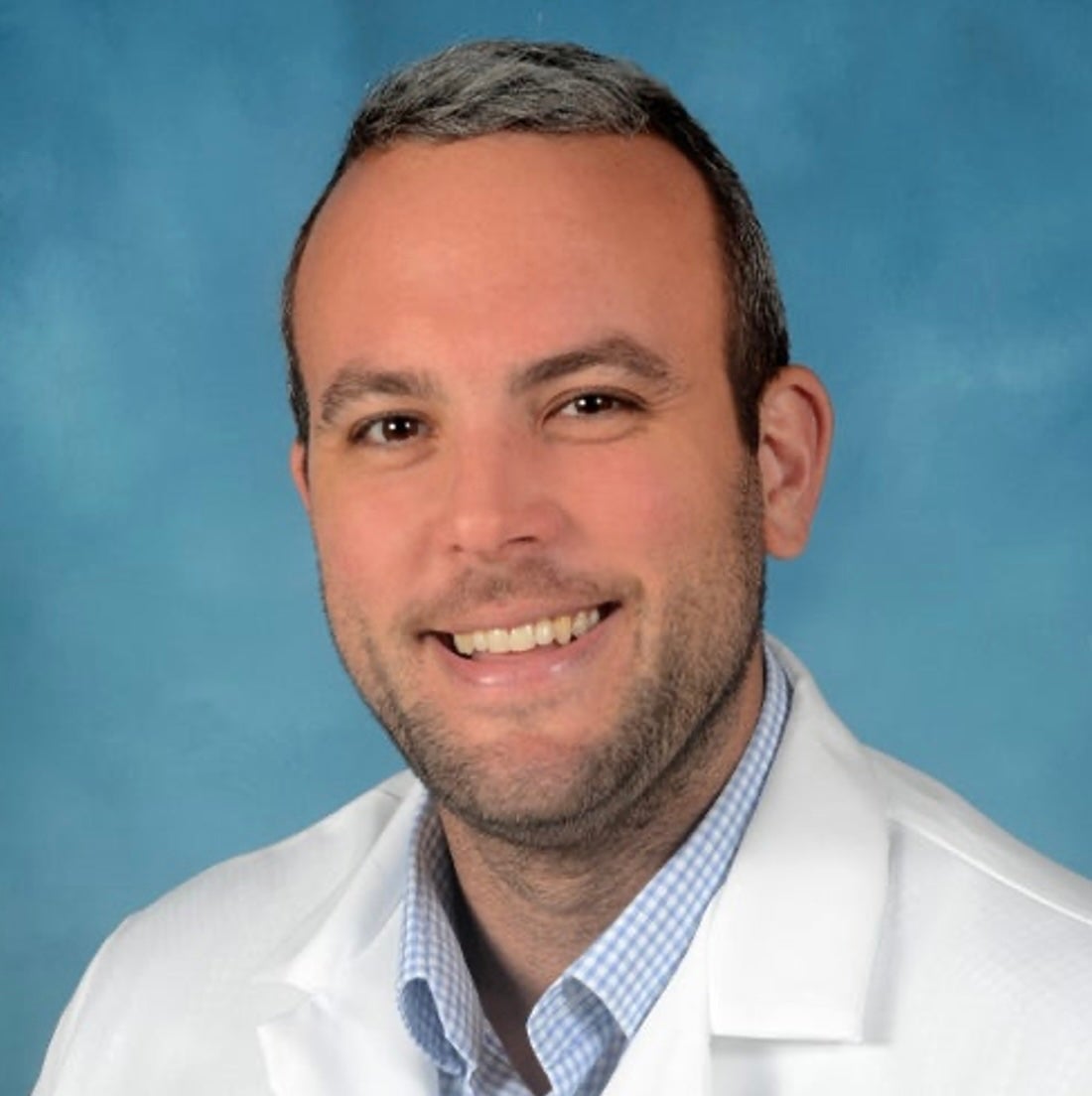Bridging Gaps: The Critical Need for Open Conversations in LGBTQ+ Healthcare
October 28, 2024
Tags: Holy Cross Florida
One of the best benefits of a Primary Care Physician is the ability to spend more time with each patient and getting to know them.
Each person is so much more than their biological components, it is a combination of life experiences and beliefs together with their organic self that creates a unique individual. This is particularly important in the LGBTQ+ community.
The ability of a primary care physician to perform their Hippocratic Oath to “…provide advice and encouragement for my patients in their efforts to sustain their own health” is directly related to the comfortability and openness that patients have with their physician as well as the information provided to them. Due to a long history of negative judgement, culturally incompetent care and stigma, patients in the LGBTQ+ community often find themselves unable to speak with their physicians readily and openly. This aspect of the physician-patient relationship is one of the most important in patient care and why it is imperative that Holy Cross Medical Group practitioners provide culturally competent care, inclusive policies, safe and supportive environments, and patient centered care.
Why is open communication important in the patient-physician relationship?
Information provided by our patients help us guide the visit and order the appropriate tests, therapy, and screenings. Although the tests and screenings are similar to a heterosexual patient, they may be missed in the LGBTQ+ patient if physicians do not get all necessary information. Two examples of this are Sexual Orientation and Gender Identity (SOGI) and Sexual Health Education. The need for Sexual Orientation and Gender Identity relates to preventative screenings as well as reproductive health and hormone therapy. For instance, if a transgender man has had a hysterectomy, then cervical cancer screening may not be necessary, but breast cancer screening still is. Similarly, a transgender female will need prostate cancer screening. Additionally, when discussing sexual health, someone’s sexual practices impact the appropriate testing as well as the appropriate therapy that is recommended. Someone engaging in receptive sexual practices and not insertive would require different testing strategies than someone that practices both. The importance of the number of sexual partners cannot be overstated due to the newly approved therapy options of Doxy-PEP that can be taken in addition to PrEP therapy. Without these important questions answered openly and truthfully, there may be missed treatment or screening opportunities.
The topics we have touched on are just the beginning of the vast and crucial field of LGBTQ+ Health. There are countless other key areas that can significantly enhance the quality-of-care physicians provide. While discussing these topics with your physician can sometimes be challenging, approaching these conversations with full openness and honesty is essential. A nonjudgmental healthcare environment that fosters these discussions is key to eliminating LGBTQ+ healthcare disparities. While I can write this article to educate patients on the importance of transparency it’s up to you to share what you choose and ensure you feel safe and supported when discussing your personal health.
